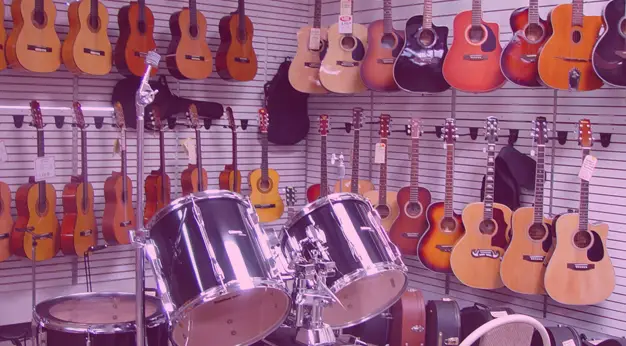Are you an aspiring music producer eager to dive into the world of music production? If so, you may be wondering: how long does it take to learn music production?
Well, the answer to this question depends on various factors, including your dedication, prior experience, available resources, and the level of proficiency you aim to achieve.
In this comprehensive guide, we will explore the journey of learning music production and provide you with insights to help you estimate the time it may take. So, let’s dive in and explore the exciting realm of music production!
Understanding the Process of Learning Music Production
Before we delve into the time frame, let’s take a moment to understand what music production entails.
Music production involves a combination of technical skills and creative vision to produce high-quality music recordings. It encompasses various aspects such as recording, mixing, mastering, sound design, and arrangement.
Learning music production requires developing proficiency in using Digital Audio Workstations (DAWs) like Ableton Live, Logic Pro, or FL Studio. Additionally, you will need to understand concepts like music theory, audio engineering, MIDI sequencing, and virtual instruments.
Mastering these skills will enable you to create professional-sounding tracks and unleash your creativity in the music industry.
How Long Does It Typically Take to Learn Music Production?
While it’s challenging to provide an exact timeline for learning music production, it’s safe to say that it’s an ongoing journey of growth and exploration.
The time it takes to become proficient in music production can vary greatly from person to person. However, with consistent practice and a structured learning approach, you can make significant progress over time.
Factors Influencing the Learning Duration
Several factors influence the duration required to learn music production. Let’s explore some of the key factors:
- Prior musical experience: If you already have a background in music, such as playing an instrument or having basic music theory knowledge, you may have a head start in understanding certain concepts. This prior experience can significantly shorten your learning curve.
- Learning Resources: The availability and quality of learning resources play a crucial role in your progress. With the abundance of online tutorials, courses, forums, and books, you can find a wealth of information to accelerate your learning. Choosing comprehensive and reputable resources tailored to your learning style can make a significant difference.
- Dedication and practice: Like any skill, mastering music production requires dedication and consistent practice. The more time and effort you invest in practicing and experimenting with different techniques, the faster you will progress. Regular practice sessions, even if they are short, can contribute significantly to your growth.
- Individual learning pace: Each person learns at a different pace. Some individuals grasp concepts quickly and can apply them effectively, while others may require more time to fully understand and implement new techniques. Embrace your unique learning rhythm and avoid comparing your progress to others.
- The complexity of music production: Music production is a multifaceted field, and the level of complexity you aim to achieve will influence the learning duration. Starting with basic skills and gradually progressing to more advanced techniques will help you build a solid foundation and avoid feeling overwhelmed.
FAQs About Learning Music Production
Now, let’s address some frequently asked questions about learning music production:
1. How long does it take to learn music production?
The time it takes to learn music production varies depending on individual factors, such as prior experience and dedication to practice.
On average, it can take anywhere from several months to a few years to become proficient in music production.
2. Can I learn music production without any prior musical experience?
Yes, you can learn music production without prior musical experience. However, having a basic understanding of music theory and playing an instrument can be beneficial in comprehending certain concepts more easily.
3. What are the best resources to learn music production?
There is a wide range of resources available to learn music production, including online courses, tutorials, books, and mentorship programs.
Some popular online platforms for learning music production include Udemy, Coursera, and Skillshare.
4. Is it necessary to attend a music production school or college?
Attending a music production school or college is not mandatory, but it can provide you with a structured learning environment, access to industry professionals, and networking opportunities.
However, many successful music producers are self-taught and have achieved their skills through online resources and practical experience.
5. How can I speed up the learning process?
To speed up the learning process, establish a consistent practice routine, focus on specific areas you want to improve, and seek feedback from experienced producers.
Additionally, staying updated with the latest trends and technologies in music production can help you adapt quickly and expand your skills.
6. Should I specialize in a specific genre of music production?
While it’s not necessary to specialize in a specific genre, it can be beneficial to explore different genres and styles to broaden your skill set.
Specializing in a particular genre can help you develop a unique style and establish yourself as an expert in that field.
Conclusion
Learning music production is an exciting and rewarding journey that requires dedication, practice, and a passion for music. While the exact time it takes to become proficient in music production may vary, consistent effort and a structured learning approach can accelerate your progress.
Remember to enjoy the process, embrace your unique learning pace, and stay curious about exploring new techniques and styles. So, if you’re ready to embark on your music production adventure, grab your headphones, fire up your DAW, and let the creativity flow!



